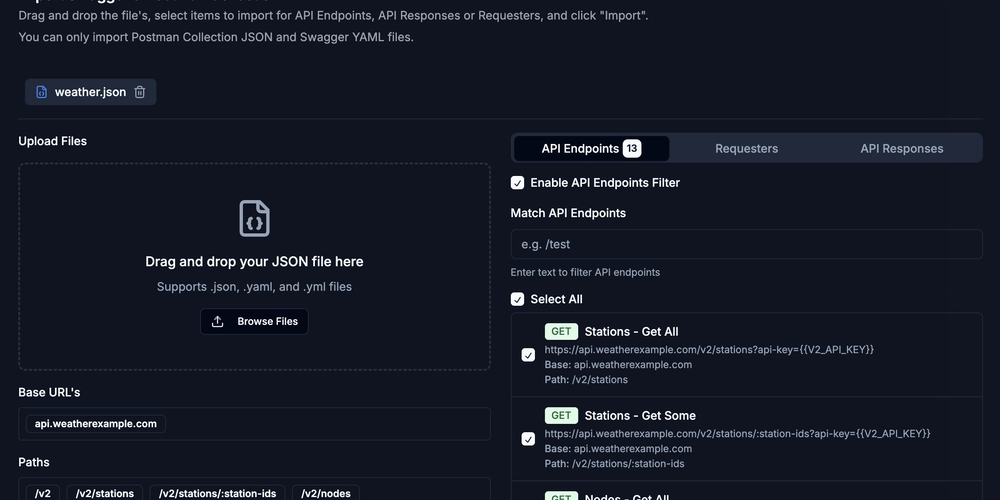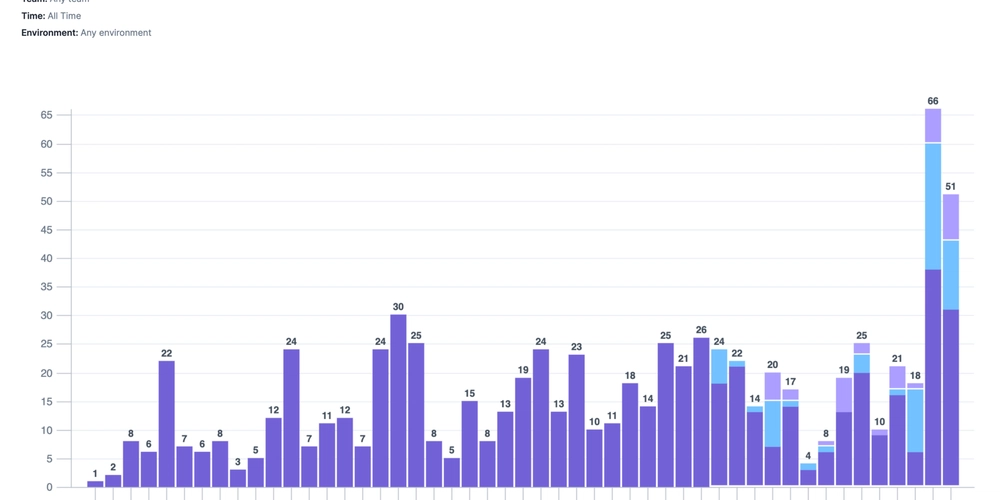5 Quality Assurance Software Solutions for Small Businesses
Choosing quality assurance software for small businesses can boost your work. Quality assurance software for small businesses helps teams find bugs fast. When you pick the right QA tools for small businesses, you save time and cut costs. In fact, small teams need affordable QA tools to keep up. Therefore, finding the best QA software is key. Common Challenges in Quality Assurance for Small Businesses Small teams often lack dedicated QA staff. They work with tight budgets and few tools. Manual testing can slow down product launches. Also, many testers juggle multiple roles. As a result, they may miss critical bugs. Finally, learning new QA tools for small businesses can feel hard. What to Look for in Quality Assurance Software for Small Businesses When you search for quality assurance software for small businesses, focus on ease of use. The tool should install in minutes with clear guides. Next, check if it grows with your needs. Affordable QA tools should let you add users as you scale. Then, ensure it offers automation for routine tests. Also, make sure it links to apps like Jira or GitHub. Finally, verify that customer support answers questions fast. Top 5 Quality Assurance Software Solutions for Small Businesses Below are five quality assurance software for small businesses that shine in different ways. They each fit unique team needs. 1. TestRail Overview and Features TestRail offers a clear dashboard to track tests. You can group tests by feature or sprint. It records screenshots and logs for each run. Also, its filter helps you find issues quickly. TestRail works on web and mobile browsers. Therefore, teams can test from any device. Pros and Cons TestRail gives deep test planning and neat reports. However, its cost can stretch small budgets. Some users find the setup step slow. Ideal Use Case TestRail fits teams that run many test cycles. It works well for groups that track detailed test plans. 2. Katalon Studio Pricing and Ease of Use Katalon Studio supports web, API, mobile, and desktop tests. It offers no-code and code-based testing modes. You can start scriptless tests in minutes. Then, you can switch to code when you need it. Katalon gives a free plan for small teams. Paid plans add more users and cloud runs. Best for Automation Katalon Studio speeds up test creation with built-in keywords. Also, it integrates with CI/CD tools to run tests on each build. 3. PractiTest Key Benefits for Small Teams PractiTest shows live dashboards of quality metrics. You get real-time test run and bug charts. It links to Jira, GitHub, and other tools. Also, PractiTest offers a drag-and-drop test editor. So, new testers find it easy to use. Integration Support PractiTest syncs defects and test cases without any code. It fits DevOps pipelines right out of the box. 4. TestLink Open-Source Flexibility TestLink is free and open-source. You host it on your own server for full control. It handles test case creation and result tracking. You can assign tests to team members with ease. Great for Budget-Conscious Businesses Since TestLink costs nothing, it suits tight budgets. You can add plugins to boost features as you grow. 5. QA Wolf Cloud-Based QA Testing QA Wolf runs tests in the cloud with no local installs. You write end-to-end tests in JavaScript. Then, it runs them on headless Chrome. You get video, logs, and screenshots for each test. Excellent for Fast-Moving Startups QA Wolf suits teams that ship daily. Its pay-as-you-go model keeps costs low. Setup takes under ten minutes, so that you can test fast. How to Choose the Right Quality Assurance Software for Your Small Business First, list your team’s skill level and test needs. Next, map your current tools and pipelines. Then, compare these two key factors: Growth potential: Will it scale as you add users? Budget fit: Does pricing match your forecast? After that, try free demos and small trials. This hands-on test shows real fit. Also read: Cybersecurity in Web Application Development: Best Practices for 2025 Conclusion Choosing quality assurance software for small businesses helps you catch bugs early and ship with confidence. Try demos today and pick the tool that fits your team’s goals. Encourage your team to start free trials and see results fast.``

Choosing quality assurance software for small businesses can boost your work. Quality assurance software for small businesses helps teams find bugs fast. When you pick the right QA tools for small businesses, you save time and cut costs. In fact, small teams need affordable QA tools to keep up. Therefore, finding the best QA software is key.
Common Challenges in Quality Assurance for Small Businesses
Small teams often lack dedicated QA staff. They work with tight budgets and few tools. Manual testing can slow down product launches. Also, many testers juggle multiple roles. As a result, they may miss critical bugs. Finally, learning new QA tools for small businesses can feel hard.
What to Look for in Quality Assurance Software for Small Businesses
When you search for quality assurance software for small businesses, focus on ease of use. The tool should install in minutes with clear guides. Next, check if it grows with your needs. Affordable QA tools should let you add users as you scale. Then, ensure it offers automation for routine tests. Also, make sure it links to apps like Jira or GitHub. Finally, verify that customer support answers questions fast.
Top 5 Quality Assurance Software Solutions for Small Businesses
Below are five quality assurance software for small businesses that shine in different ways. They each fit unique team needs.
1. TestRail Overview and Features
TestRail offers a clear dashboard to track tests. You can group tests by feature or sprint. It records screenshots and logs for each run. Also, its filter helps you find issues quickly. TestRail works on web and mobile browsers. Therefore, teams can test from any device.
Pros and Cons
TestRail gives deep test planning and neat reports. However, its cost can stretch small budgets. Some users find the setup step slow.
Ideal Use Case
TestRail fits teams that run many test cycles. It works well for groups that track detailed test plans.
2. Katalon Studio Pricing and Ease of Use
Katalon Studio supports web, API, mobile, and desktop tests. It offers no-code and code-based testing modes. You can start scriptless tests in minutes. Then, you can switch to code when you need it. Katalon gives a free plan for small teams. Paid plans add more users and cloud runs.
Best for Automation
Katalon Studio speeds up test creation with built-in keywords. Also, it integrates with CI/CD tools to run tests on each build.
3. PractiTest Key Benefits for Small Teams
PractiTest shows live dashboards of quality metrics. You get real-time test run and bug charts. It links to Jira, GitHub, and other tools. Also, PractiTest offers a drag-and-drop test editor. So, new testers find it easy to use.
Integration Support
PractiTest syncs defects and test cases without any code. It fits DevOps pipelines right out of the box.
4. TestLink Open-Source Flexibility
TestLink is free and open-source. You host it on your own server for full control. It handles test case creation and result tracking. You can assign tests to team members with ease.
Great for Budget-Conscious Businesses
Since TestLink costs nothing, it suits tight budgets. You can add plugins to boost features as you grow.
5. QA Wolf Cloud-Based QA Testing
QA Wolf runs tests in the cloud with no local installs. You write end-to-end tests in JavaScript. Then, it runs them on headless Chrome. You get video, logs, and screenshots for each test.
Excellent for Fast-Moving Startups
QA Wolf suits teams that ship daily. Its pay-as-you-go model keeps costs low. Setup takes under ten minutes, so that you can test fast.
How to Choose the Right Quality Assurance Software for Your Small Business
First, list your team’s skill level and test needs. Next, map your current tools and pipelines. Then, compare these two key factors:
- Growth potential: Will it scale as you add users?
- Budget fit: Does pricing match your forecast?
After that, try free demos and small trials. This hands-on test shows real fit.
Also read: Cybersecurity in Web Application Development: Best Practices for 2025
Conclusion
Choosing quality assurance software for small businesses helps you catch bugs early and ship with confidence. Try demos today and pick the tool that fits your team’s goals. Encourage your team to start free trials and see results fast.``




















































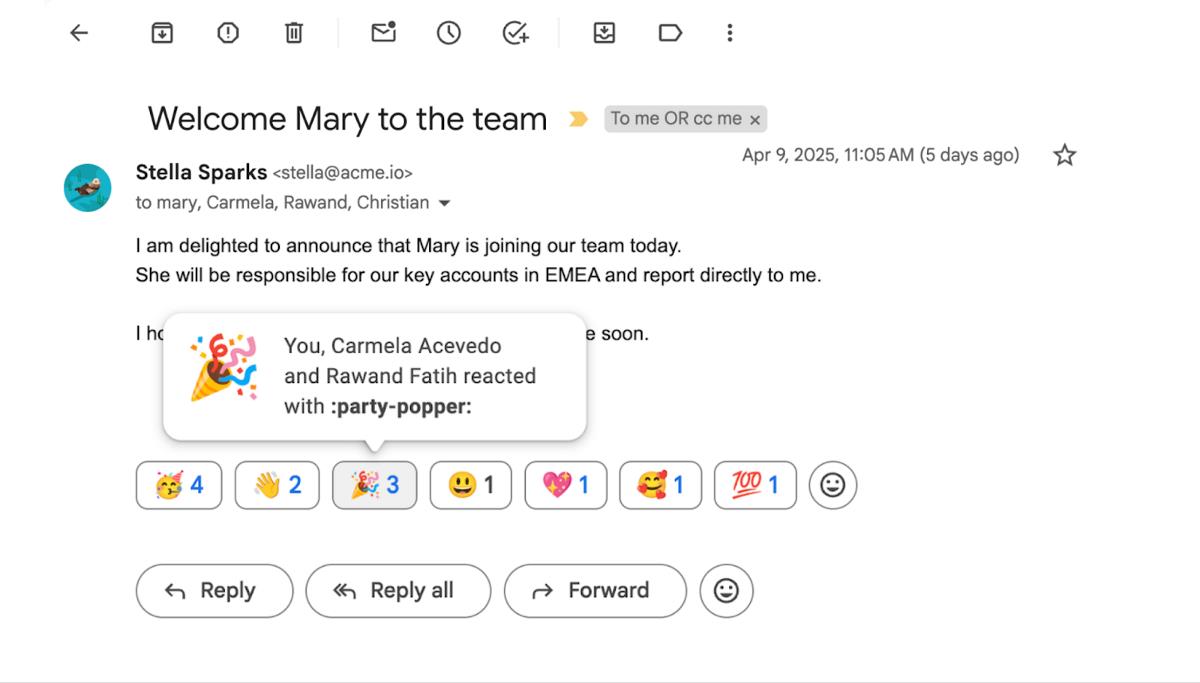






















![Apple Ships 55 Million iPhones, Claims Second Place in Q1 2025 Smartphone Market [Report]](https://www.iclarified.com/images/news/97185/97185/97185-640.jpg)





















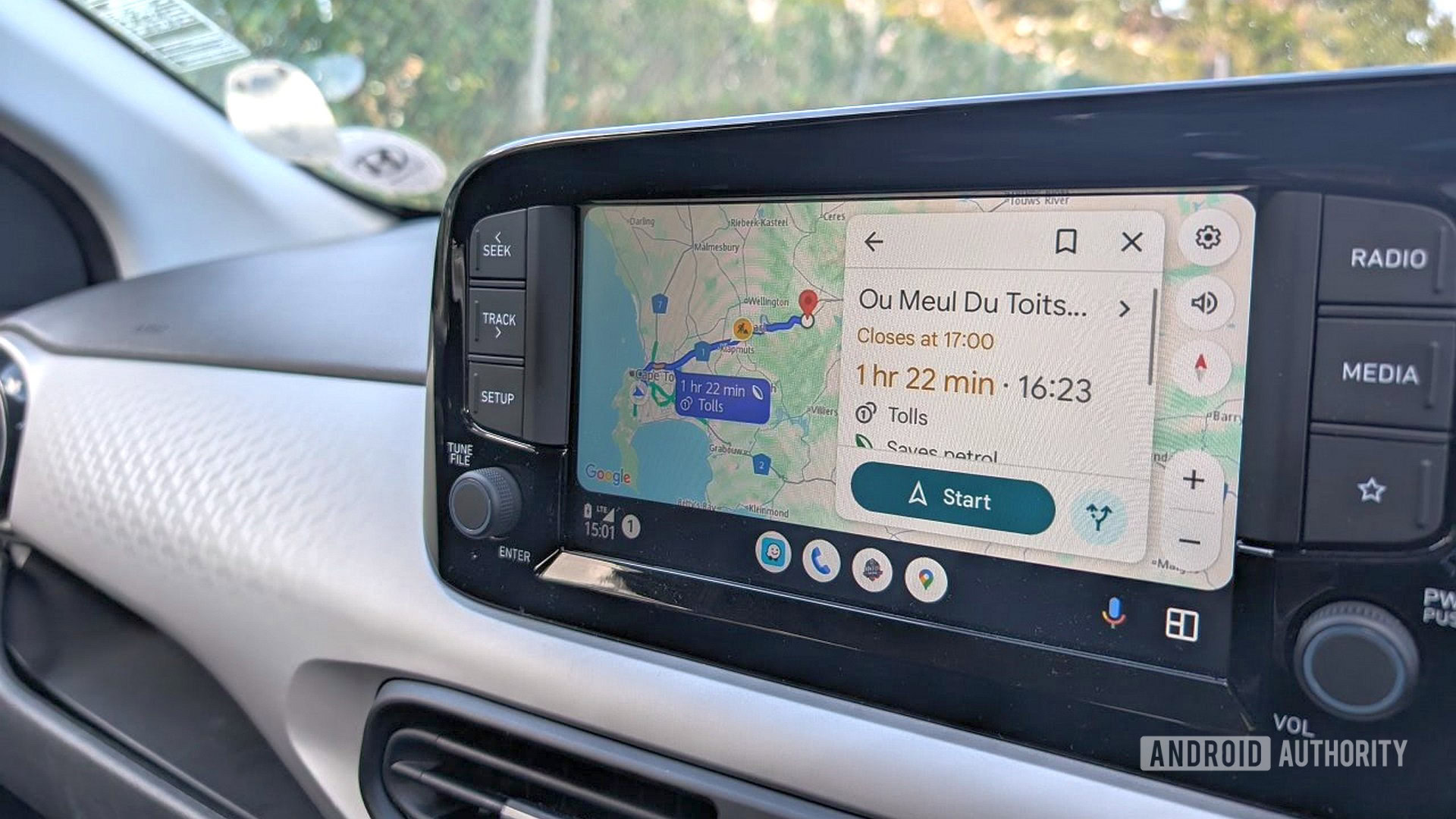




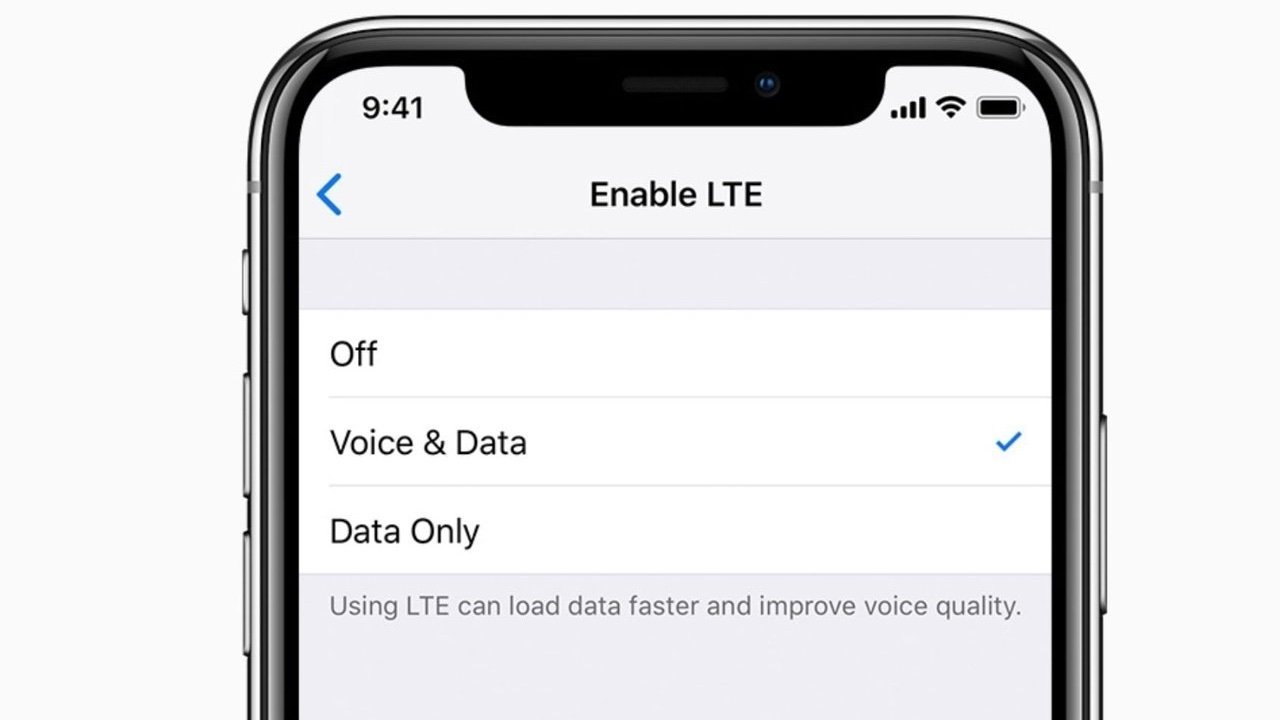











































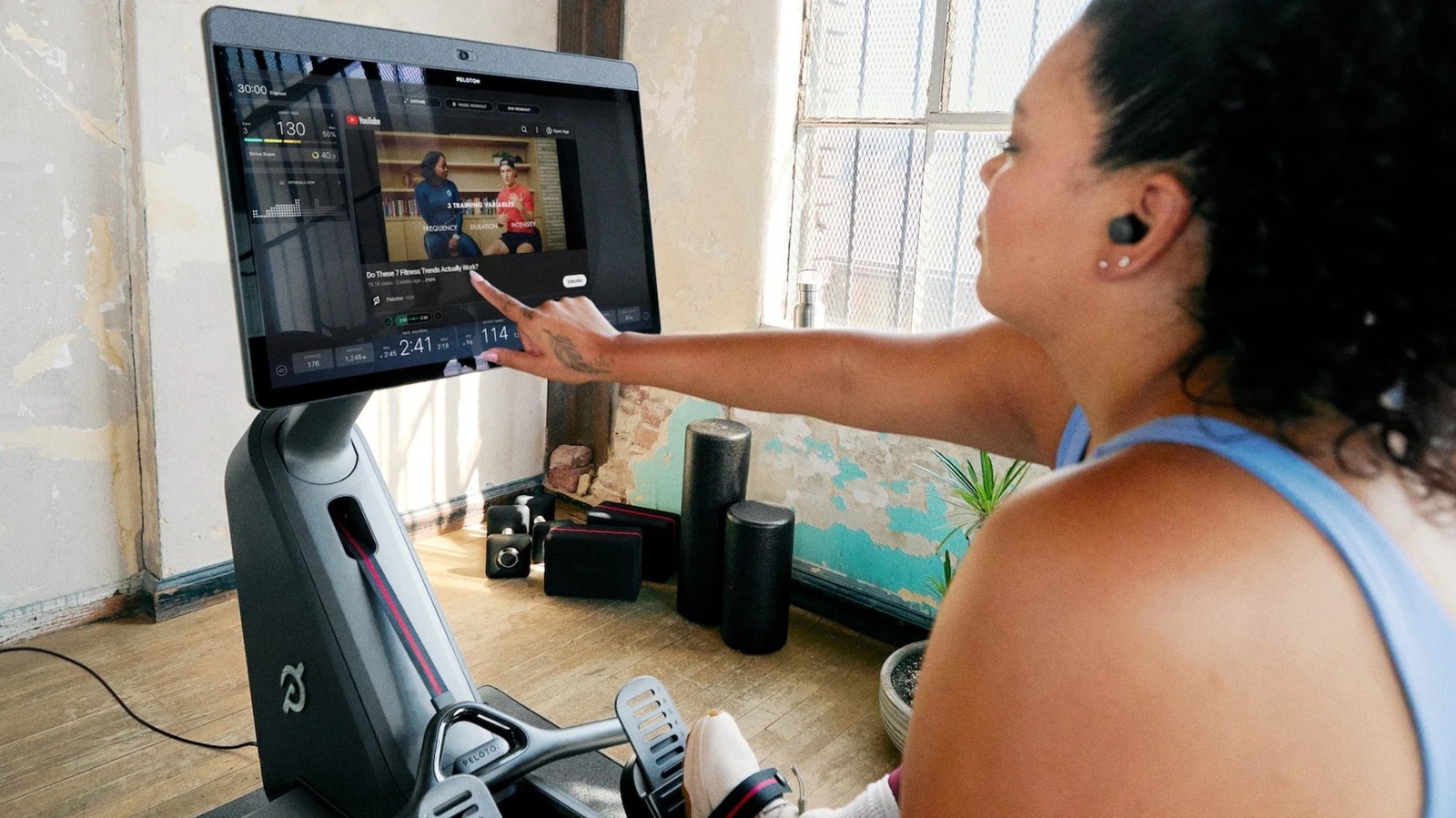





































_Andreas_Prott_Alamy.jpg?width=1280&auto=webp&quality=80&disable=upscale#)





























































































































![[The AI Show Episode 145]: OpenAI Releases o3 and o4-mini, AI Is Causing “Quiet Layoffs,” Executive Order on Youth AI Education & GPT-4o’s Controversial Update](https://www.marketingaiinstitute.com/hubfs/ep%20145%20cover.png)
















































































































































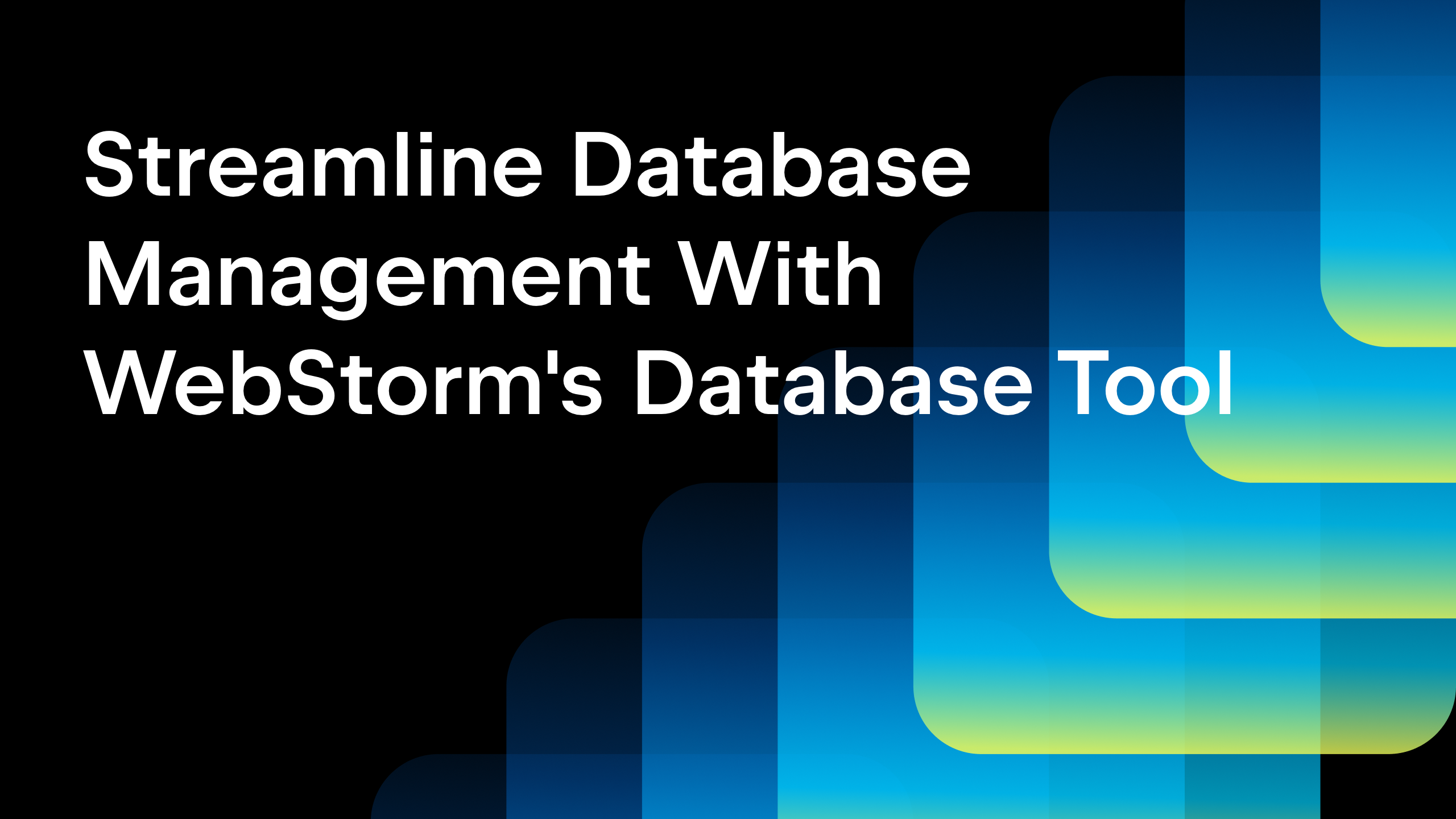


















![[DEALS] Mail Backup X Individual Edition: Lifetime Subscription (72% off) & Other Deals Up To 98% Off – Offers End Soon!](https://www.javacodegeeks.com/wp-content/uploads/2012/12/jcg-logo.jpg)




























































































